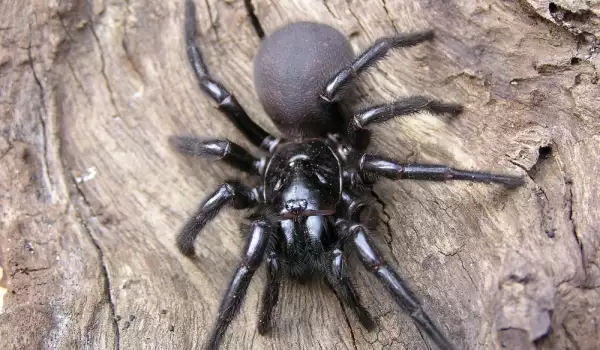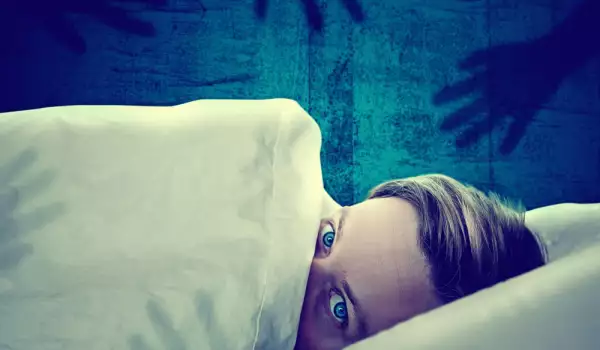Fear keeps us alive. The brain has special regions, genes, neurons and tricks dedicated entirely to the task of scaring us, in order to raise adrenaline levels and in turn improve our chances of surviving a threat. Here's some other interesting facts about fear:
Fear is coded in our neurons
Certain groups of neurons in the amygdala are coded with memories of frightening experiences. Additionally, it nearly takes control over the brain when it recognizes a potential threat. Everything else is suppressed so that the brain can respond appropriately to the fear.
Fear really is contagious
Humans have retained their ability to smell the feelings of others. Of course, the human nose doesn't pick up on the feeling itself but on the chemical signal it leaves behind. This ability explains why others can be affected by a scared individual and why crowds can become frightened and run in a panic like a flock.
Fear is hereditary
Experiments with mice have shown that offspring inherit the fears of their predecessors, without being subject to the same traumatic experiences.
Love is the antidote
The hormone oxytocin gives mothers the courage to act where others would be frozen in fear. It is produced in large quantities during childbirth, to decrease fear and stress. Its levels remain high during breastfeeding, it is of vital importance for the connection between mother and child. Oxytocin is of fundamental importance in overcoming fear and boosting a mother's courage to defend her children when they are in danger. Under the right circumstances, anyone can experience a rush of oxytocin, which suppresses fear. During an unpleasant situation, the hormone is injected into the amygdala within seconds through special cells, controlled by the hypothalamus, where it's produced.
Distortion of reality

Studies have found that fear can make a threat seem bigger than it is in reality. For example, people who are afraid of spiders don't accurately perceive their size - they see them larger than they really are.
Fears are soothed during sleep

Studies have determined that for some reason, sleep provides a mysterious state that allows persons to relieve the stimuli that cause fear.
The fear gene
Stathmin is the gene that's usually active in the amygdala and is responsible for instinctive fears, such as dangerous animals or heights.
Fear can be fatal
You can literally be scared to death. When we get scared, the body has need of extra strength. To obtain it, calcium is injected into the heart cells and the heart begins to beat faster. If the person cannot relax or the shock is too great, the heart continues to fill with calcium and adrenaline and begins to shake instead of beat. If this condition is not gotten under control, it can lead to decreased blood pressure, loss of consciousness and even death. It can happen to anyone - even people with healthy hearts.









